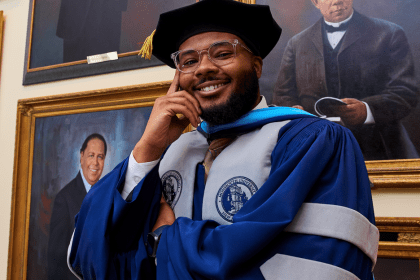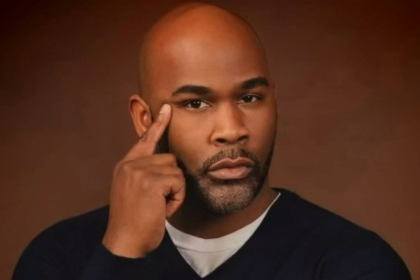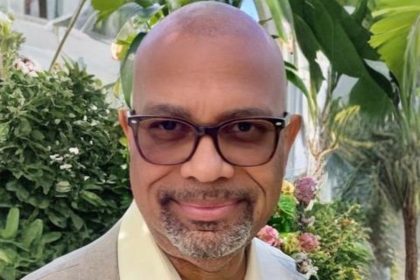The goal of the conference, which runs through September 30, is to expand access to careers in technology for Black students and empower HBCUs to transform digitally. It includes five half-day virtual sessions and thought leadership panels and a student Bot-a-Thon. Top finalists will have the opportunity to interview for internship positions at HP and Microsoft. HP opened the conference with the HBCU Business Challenge, which provided students with mentorship experiences while competing on real-life business cases.
Tech-quity loading… a commitment to champion Black talent in tech
On September 15, HP hosted a dynamic roundtable with five thought leaders: Lesley Slaton Brown, Chief Diversity Officer at HP; Dr. Thomas Hudson, President, Jackson State University; Dawn Jones, Chief Diversity & Inclusion Officer at Intel; Lavonne Monroe, Head of Global Talent Acquisition at HPE; and Dr. Maurice Stinnett, Global Head of Equity, Diversity & Inclusion at Warner Music Group.
“We’ve always known the importance of Black talent. Now we’re reigniting the commitment and pushing policy,” Slaton Brown said.
HBCUs contribute nearly $15 billion to the U.S. economy annually. HBCUs also produce 25% of Black professionals in STEM fields, 42% of engineers, 40% of the Congressional Black Caucus, 50% of Black lawyers, 80% of Black judges, over 80% of all Black Americans who received degrees in medicine and dentistry, and 100% of the #BlackGirlMagic vice-presidential occupancy in the White House.
Most HBCU schools also have the same standards and accreditations of larger universities. The talent is there, but equitable opportunity is not, particularly in tech. “The highly transformative tech industry is far behind in diverse representation of Black talent, which has been overlooked for far too long,” said Camelia Gendreau, executive communications and brand insights lead for HP and a board member of PRSA Silicon Valley, who moderated the panel. “Maintaining such ongoing investments in capital funding and resources is key for accelerating digital equity at HBCUs.”
Gendreau asked the panelists to address the question: “How do you ensure HBCU students are competitive in a dynamic tech-forward workplace?” They ticked off a list of emerging digital fields that HBCU students should build core competencies in such as data visualization tools, data analytics, robotic processing automation (RPA), machine learning, artificial intelligence, cloud computing platforms, and 3D printing.
“Tech companies are training their recruiting sources to identify candidates with these keywords on their resumes,” said Monroe of Hewlett Packard Enterprise. “The more times these keywords show up on your resume, the better a match you are for employment.”
Stinnett at Warner Music Group talked about how these digital skill sets are important even within the music industry, which is continuously “disrupted” by technology. “These tools do everything for personalizing music selections for streaming, separating components for songs, identifying emerging talent, and determining how singles will perform for artists like Lil Nas X or Cardi B,” Stinnett said.
Continue reading on the next page.














